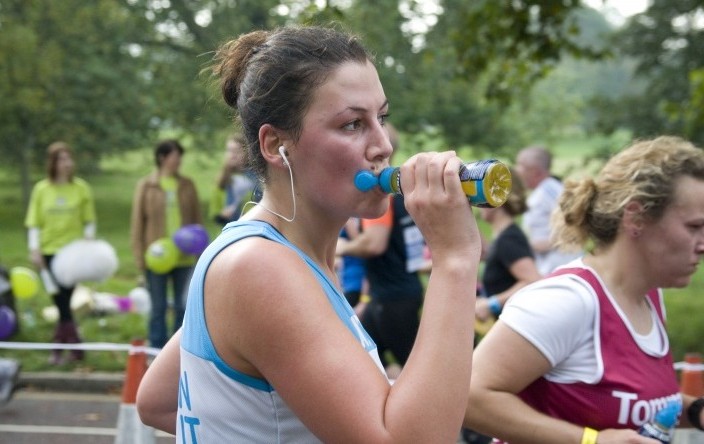On March 16 2016, the government announced that from 2018 highly sweetened drinks will be subject to a sugar tax.
Since the announcement was made, some people with type 1 diabetes have been worried that this will result in hypo treatments becoming more expensive.
As someone who’s been treating hypos for 25 years, I think a bit of perspective is needed here.
The tax will be 24p per litre for the most sugary drinks (those with more than 8g of sugar per 100ml) and this will be levied on the drinks companies.
Even if the manufacturers increase the price of their products by 24p per litre, this will only result in people with diabetes having to pay a few extra pence to treat a hypo.
Let’s have a look at the cost in detail:
It is advised to take 15-20g of sugar to treat a hypo. This is equivalent to 100ml of Lucozade.
If we assume that Lucozade goes up 24p per litre in 2018, when the sugar tax comes in, this would mean that treating the hypo would cost an extra 2.4p. It’s hardly breaking the bank.
Even if you were really struggling with hypos and had to treat low blood sugar 100 times per year, this would represent a yearly extra cost of £2.40.
For further perspective, consider that people with type 1 diabetes are exempt from prescription charges (as long as you have an up to date exemption certificate). How much are prescription charges? The answer is £8.20 per item. This represents more than 34 litres worth of sugar tax.
Don’t worry
So, if you have type 1 diabetes, don’t worry about the sugar tax.
We’ve looked at the negative side which, as we’ve shown, is far from a costly negative. So, let’s look at the positive.
Excess sugar intake is closely linked with a number of health conditions. It can contribute to the development of type 2 diabetes in some people. This is certainly not to say that sugar is the sole cause, but yes, it can indeed contribute to problems in a proportion of the population who are drinking a lot sugar. Tooth decay also has a clear association with intake of sweetened drinks, and excessive sugar consumption has been linked with increased risks of cancer and heart disease.
Sugary drinks have a degree of negative influence on the health of the nation and this means the NHS has to spend more on treating any resulting health issues.
The NHS has a budget which it needs to divide up to spend against a number of health conditions. If the NHS needs to spend more on those health cases that have been brought on by excess sugar consumption, it will therefore have less to allocate towards treating other health conditions. This could therefore reduce budgets towards other treatment, such as provision of CGM and insulin pump technology or structured diabetes education.
Given all these points – is a sugar tax unfair on people with type 1 diabetes? Honestly, as someone with type 1 diabetes, I can only see the sugar tax as positive.



